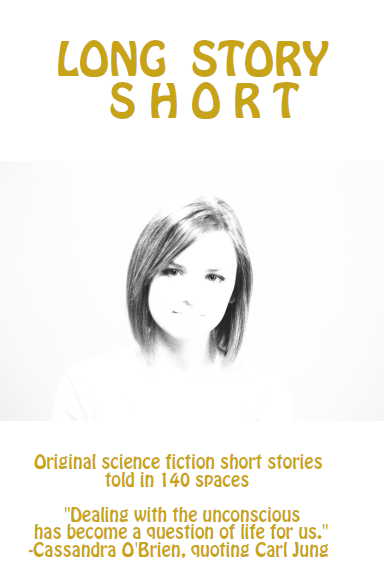I am a big fan of self publishing books, but not necessarily a big fan of self-published books. Admittedly, and regretfully, most self-published books are crap. But, so are most mainstream Gatekeeper published books.
If you don’t treat your book like a real book, why should anyone else?
How can we expect our books to be taken seriously as real and legitimate books if we just slop them together and toss them out onto the public willy nilly? How can we expect to be taken seriously as real and legitimate authors if we don’t take our book seriously? If we don’t bother to edit and refine before releasing? Too many people are self publishing books on a whim--for their own amusement or ego… just because they can.
A true vanity publishing-- nothing more than a disposable trinket.
Like most web series creators, most indie publishers neglect and lack self editing. Beginning at the “is this really a good idea and should I do this?” stage.
Also, don’t rush into printing. I learned this after the fact. In my over-enthusiastic excitement at discovering I could write fiction-- as well as having compiled my first sci-fi short story book, I rushed production of that anthology. I could go back and “fix” these errors, but I choose to leave them in, as a mark of my development as a publisher/ author.
Too many self-publishers fail to respect and understand the importance of editing. Why would you want to contribute more to the already over-abundance of crappy books? Why would you want to be responsible for that and hurting the struggling credibility of self-publishing?
Too much of self-publishing is merely doing what’s been done. What’s expected. What’s contemporary.
But the advantage of Do It Yourself publishing is that you are beholden to no one.
You don’t have to follow the usual rules and standards of Gatekeeper publishing. That’s the point and value of self-publishing.
So why not experiment?
Play around with storytelling and style and technique and structure and format. Do something different, unique and unconventional, instead of copying the way Big Publishing does things.
Don’t rehash and repeat the same kinds of stories, with the same kinds of methodology that Big Publishing endorses and produces.
Don’t help proliferate homogenizing American Cultural Imperialism by perpetuating U.S.-centric tropes. Indeed, eschew tropes and clichés of any kind where ever possible—except when done for effect or affectation.
Our goal as self-publishers should be to be better than all that. We should seek to elevate the story.
Find those things that no major publisher will approve or accept-- but you have passion for, and put it out there.
The future of self-publishing isn’t merely in storytelling. It’s in the structure and design.
Do not be constrained by the way “everyone else” is creating stories, or by what the market says you should do.
Thursday, September 1, 2011
Subscribe to:
Post Comments (Atom)





















No comments:
Post a Comment